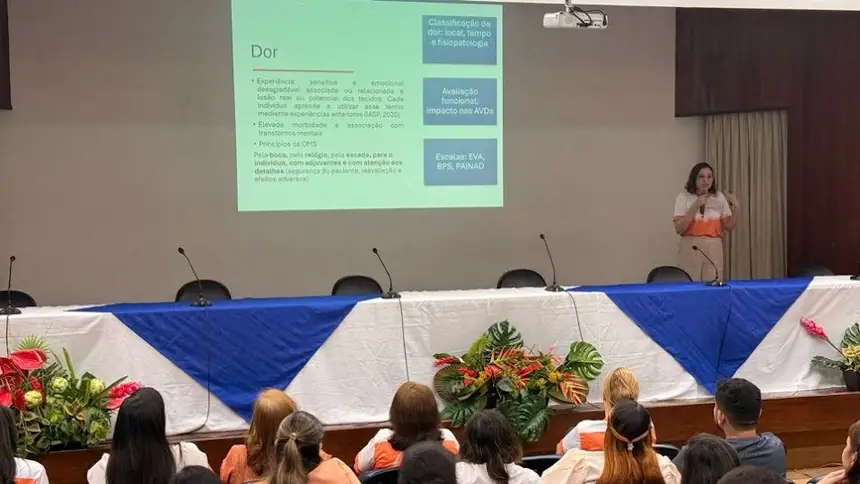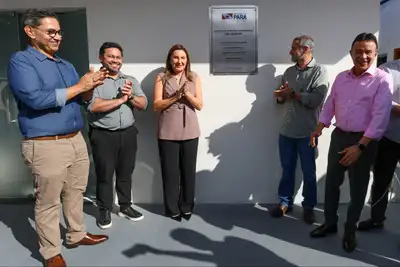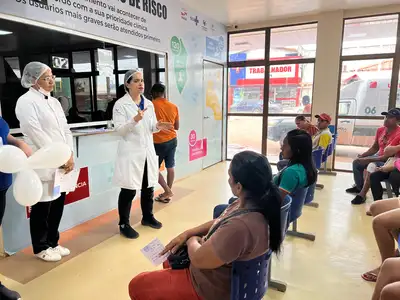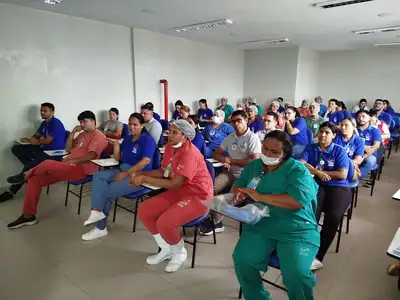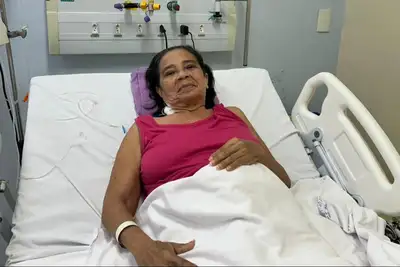Hospital de Clínicas promotes event and reinforces focus on the quality of life of patients
The institution expands the debate on palliative care and shows how the approach goes far beyond the end of life or cancer, integrating specialties such as cardiology, nephrology, and psychiatry
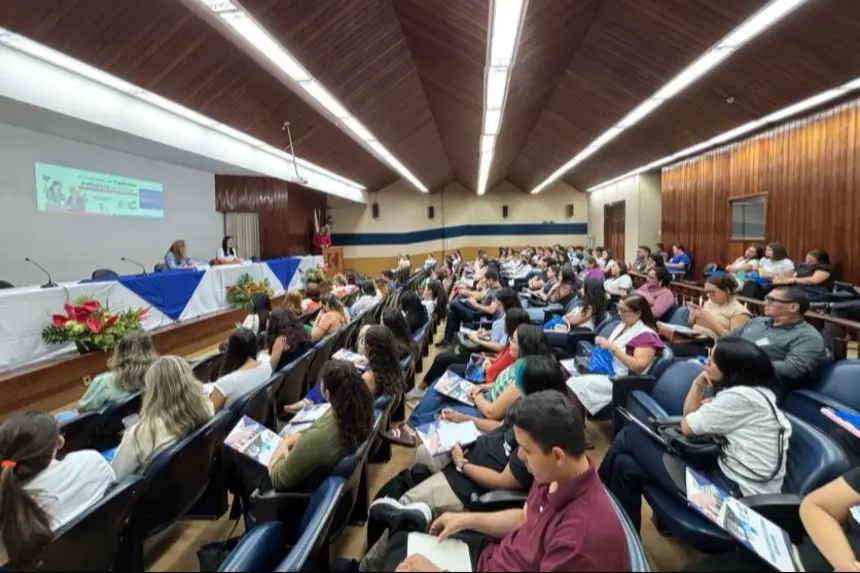
With the aim of demystifying the idea that palliative care is only focused on the end of life or restricted to cancer patients, the Gaspar Vianna Clinical Hospital (HC), in Belém, held the II Palliative Care Journey this Tuesday (14). The event brought together health professionals, students, and guests to discuss the topic from different clinical and human perspectives.
Organized by the hospital's Palliative Care Committee, the journey reinforced the institution's commitment to promoting humanized care, centered on quality of life and alleviating the suffering of patients with serious and chronic illnesses.

“Palliative care is an approach that encompasses not only the patient but also their family,” explained palliative care physician Patrícia de Carvalho, president of the Palliative Care Committee of HC. “It is like a large umbrella of protection that safeguards the dignity and biography of this patient. Our main role is to relieve suffering, rigorously control symptoms, and provide emotional support, promoting quality of life — even when death is approaching.”
According to Patrícia, palliative care should be introduced early, ideally right after the diagnosis of a serious illness. “The sooner this approach is initiated, the more benefits the patient and their family will have. It is not about giving up treatment, but about walking alongside it. It is about preparing, sensitizing, and welcoming this family throughout the disease journey,” she added.
The profile of patients eligible for palliative care includes people of all ages with life-threatening chronic diseases — from the perinatal period to old age.
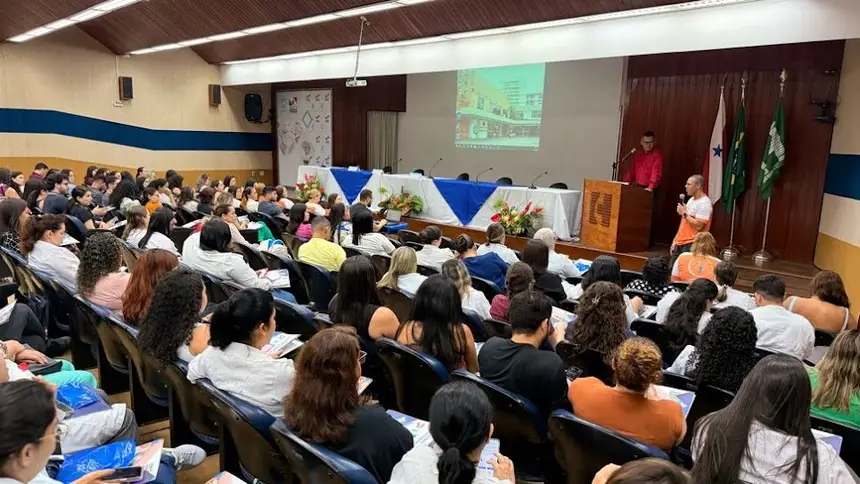
During the event, palliative care physician Rodolfo Silva, a pain specialist from Albert Einstein Hospital, emphasized that palliative care is not exclusive to oncology. He explained, through a recorded lecture, that in cardiology, nephrology, and psychiatry, one deals with chronic and irreversible conditions that cause great suffering, and the challenge is to incorporate palliative care early and interdisciplinary, integrating science, empathy, and active listening.”
At HC, which is a reference in these three specialties, palliative care has already been applied in an integrated manner. Currently, 10 cardiology patients are receiving palliative follow-up, showing that the practice has space and effectiveness even outside the oncological context.
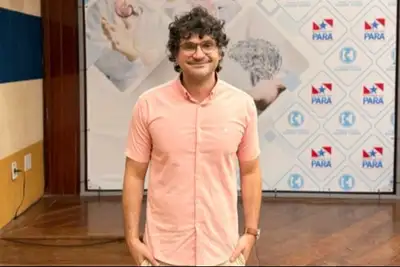
Another highlight was the speech by palliative care physician Thiago Gama, who addressed the principle of autonomy within bioethics, which analyzes moral issues related to medicine and life, considering values such as respect for autonomy, patient well-being, and justice in clinical decisions. “Autonomy is an important value, but it is not absolute. It must be analyzed in light of the patient's clinical condition. Whenever possible, we respect the patient's choices, but it is necessary to balance this with other principles, such as beneficence, non-maleficence, and justice,” he explained.


